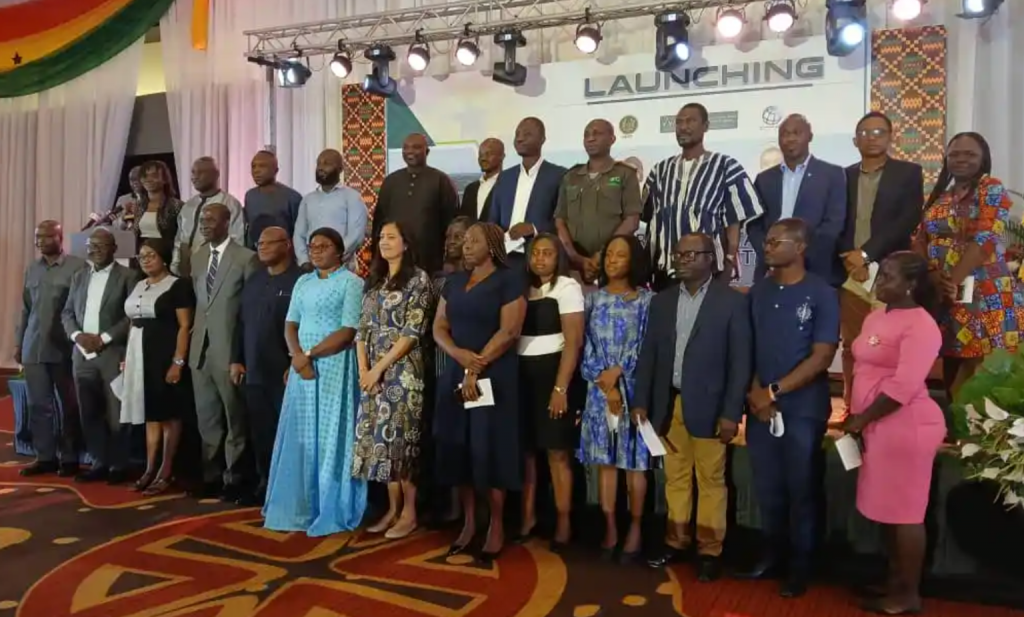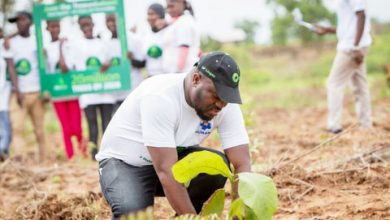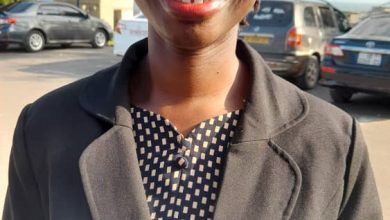Ghana secures $155 million in World Bank funding for coastal area restoration

Ghana has been awarded $155 million in grants and loans from the World Bank to support the restoration of its degraded coastal regions.
The funding, provided through the West Africa Coastal Areas (WACA) 2 Resilience Investment Project, is designed to enhance the resilience of coastal communities in Accra and the Volta Region.
This initiative targets improvements in managing flooding, erosion, pollution, and ecosystem vulnerability on both national and regional scales.
In the coming five years, eight additional West African nations—Benin, Senegal, Mauritania, Gambia, and Côte d’Ivoire among them—will also receive similar support. The WACA 2 project will focus on boosting the resilience of specific coastal communities in Accra and the Volta Region, with particular emphasis on the Korle Lagoon, Densu, and Keta Lagoon Complex areas.
At the launch of the project in Accra, Ophelia Mensah Hayford, the Minister of Environment, Science, Technology, and Innovation, outlined the project’s comprehensive strategy to bolster the resilience of coastal communities in West Africa.
She pointed out the dangers posed by climate-related issues such as tidal waves and rising sea levels, which disrupt the socio-economic stability of these communities. The minister stressed that the project’s success hinges on the active participation and dedication of a broad spectrum of local, regional, and global partners.

Additionally, she noted that the project will build on existing initiatives to prevent duplication of efforts and resources.
Hayford also noted that the current arrangement of individual institutions with specific responsibilities for coastal zone management needs revision. She pointed out that the project directly responds to the Nationally Determined Contributions (NDCs) in coastal areas, which are among the most climate-vulnerable habitats.
The project is being implemented in collaboration with various stakeholders, including Civil Society Organizations (CSOs) involved in coastal management.
Kofi Agbogah, chair of the Coastal CSOs Forum, highlighted that the project plays a crucial role in the policy process at both the technical and steering committee levels. It engages all relevant implementation entities to ensure effective use of funds, while also monitoring compliance and accountability. Agbogah noted that the project will offer expertise in knowledge exchange and support beneficiary communities with on-the-ground actions and project oversight.
Traditional authorities were also engaged, acknowledging their essential role in the project’s sustainability. Clement Kofi Humado, former Member of Parliament for the Anlo constituency, spoke on behalf of the Awomefia of the Anlo Traditional Area, Togbe Sri, in expressing support for the WACA 2 project.
Humado emphasized the severe impact of climate change on the Anlo area over the past decade, including tidal waves that have devastated coastal homes and livelihoods, posing a significant threat to regional development. He highlighted that the area, home to the country’s largest Ramsar site, has been facing declines in fisheries and migration, making the project particularly timely.
In response, the Anlo Traditional Council has set up a technical committee to ensure the project’s successful implementation in their region. Naila Ahmed from the World Bank reaffirmed the bank’s commitment to enhancing coastal resilience in Ghana for future generations, reinforcing the importance of the provided support.
The event also featured the inauguration of National and Technical Steering Committee members, including representatives from state institutions, academia, and civil society organizations.





